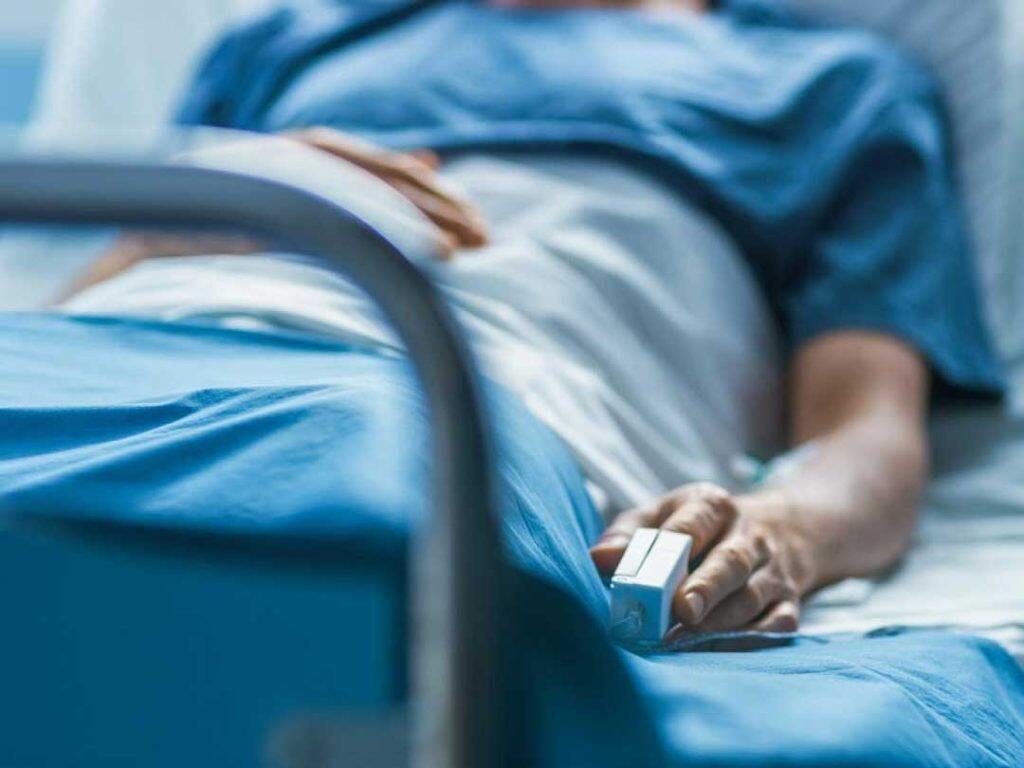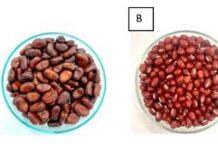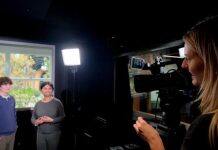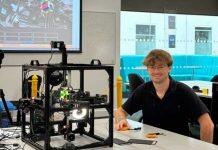The Adelaide Score, the brainchild of researchers at the University of Adelaide, The Queen Elizabeth Hospital and the Health and Information (HI) collaborative, could be tested in South Australian hospitals later this year, following an extensive study which examined the performance of machine learning algorithms.


Dr Joshua Kovoor, a PhD Candidate in the Discipline of Surgery at the University of Adelaide and The Queen Elizabeth Hospital, said hospital stays of almost 9,000 South Australian general surgery patients were analysed in the study.
The machine learning algorithms correctly predicted the discharge of general surgery patients within 12 and 24 hours with more than 80 per cent accuracy.
“Currently, no tool accurately predicts patient discharge in real-time within the Australian health care system,” Dr Kovoor said.
“We hope the Adelaide Score will streamline and simplify discharge planning after surgery for everyone in the healthcare system, including doctors, nurses and most importantly the patient and their loved ones.
“The Adelaide Score involves artificial intelligence algorithms. With proper training, the more it is used, the more accurate it will become in predicting patient discharge times.”
Dr Kovoor said the study referenced tens of thousands of ward round note timings, and included inputs including vital signs and data from blood tests.
“Because the Adelaide Score uses objective inputs, it can be implemented in any hospital around the world, potentially delivering extraordinary cost savings,” Dr Kovoor said.
“The Adelaide Score could one day be integrated into a patient’s electronic medical record or accessed via an app.
“WE HOPE THE ADELAIDE SCORE WILL STREAMLINE AND SIMPLIFY DISCHARGE PLANNING AFTER SURGERY FOR EVERYONE IN THE HEALTHCARE SYSTEM, INCLUDING DOCTORS, NURSES AND MOST IMPORTANTLY THE PATIENT AND THEIR LOVED ONES.”
-Dr Joshua Kovoor
“We hope the Adelaide Score will be a mainstay of every Australian hospital within the next decade.”
Professor Guy Maddern, Head of Discipline of Surgery at the University of Adelaide’s Adelaide Medical School, and a hepatobiliary surgeon at The Queen Elizabeth Hospital, said the aim of the project was to draw on existing data and maximise its benefits for patient care.
“This project has the potential to be a game-changer in helping to identify capacity in hospital beds in not only in South Australia, but in hospitals around the world,” Professor Maddern said.
“Health systems everywhere are under increasing pressure to meet demand, which makes an initiative like the Adelaide Score all the more important.”
The HI collaborative consists of Dr Joshua Kovoor, Dr Stephen Bacchi, Dr Aashray Gupta, Dr Brandon Stretton, Dr James Malycha, Dr Benjamin Reddi, Professor Danny Liew, Professor Gerry O’Callaghan, Professor John Beltrame, Professor Andrew Zannettino, Professor Karen Jones, Professor Michael Horowitz, Associate Professor Christopher Dobbins, Professor Peter Hewett, Dr Markus Trochsler, and Professor Guy Maddern.
- The HI collaborative is presenting a seminar titled, “Implementing Artificial Intelligence”, hosted by paediatric surgeon, Dr Sanjeev Khurana, and resident medical officer Dr Joshua Kovoor at the Joe Verco Theatre, G033 at the Adelaide Health and Medical Sciences building on Tuesday, 9 May at 6.45pm.







































